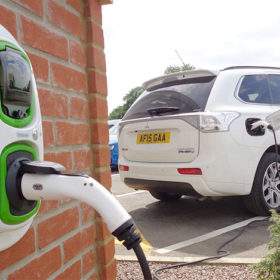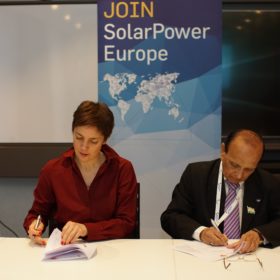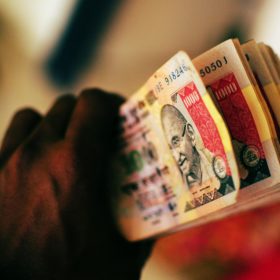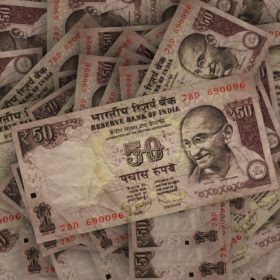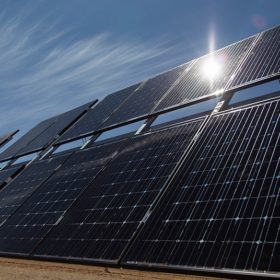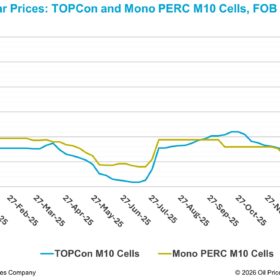Avanze setting up 1 GW Lithium-ion cells plant in Andhra Pradesh
Delhi based Avanze Inventive will set up the Lithium-ion cells manufacturing unit in the state of Andhra Pradesh with the help of the Andhra Pradesh Economic Development Board (APEDB). The plant, with total size of 1 GW, will entail a total investment of Rs 1800 crore (US$ 256 million).
Solar capacity addition to slow down till FY2019-20: Crisil
While commissioning is expected to slow down in FY 2018-19 due to the impact of the safeguard duty and GST issues, FY 2019-20 is weak due to delay in auction as several tenders got delayed/cancelled. However, FY2019-20 onwards, solar capacity additions are expected to pick up due to several factors including subsiding/removal of the safeguard duty (which would ease cost pressures).
Li-ion cells face doubled import duty from April 2021
In a move to promote indigenous manufacturing, the government has doubled the basic import duty on lithium ion cells—used in manufacturing of lithium ion accumulator for EVs—to 10 per cent from April 2021. Battery packs used in manufacturing electric vehicles face tripled import duty of 15 per cent as against the current 5 per cent.
SolarPower Europe and NSEFI sign MoU on solar cooperation
Brussels-based SolarPower Europe and the National Solar Energy Federation of India (NSEFI) have signed a Memorandum of Understanding (MoU) for cooperation on operation & maintenance (O&M), installation quality, digitalisation and storage.
Cabinet approves five-year plan for EV battery manufacturing
Aiming to localize production across the electric vehicle value chain, the government will support battery manufacturing at a gigawatt-scale. The initial focus will be on large-scale module and pack assembly plants by the next fiscal year, followed by integrated cell manufacturing by 2021-22.
Change in form of Indian power purchase agreements may occur, says UK developer
The chief executive of Britain’s Proinso suggested slashing the length of power supply contracts from 25 to just five years could be a significant setback for Indian solar, and said the solution could be a hybrid agreement incorporating fixed and spot prices.
Exide JV partner gets a big boost ahead of Li-ion battery operations in India
The revenues of Switzerland-based Leclanché have increased more than 2.5 times to exceed CHF 47 million in 2018 compared to CHF 18 million in 2017.
12 GW ‘new’ solar with VGF support approved
The president of India has approved the Rs 8580 crore viability gap funding (VGF) support for state-run generators to set up 12 GW of solar projects using domestically-made equipment over the next four years.
Low tariff comes out of Rajasthan 750 MW auction
Record-setting Acme Solar has secured a third of the latest procurement exercise in the state with a lowest bid of Rs2.48/kWh. The tender was oversubscribed by more than 100% as offers came in for 1,620 MW of capacity.
CleanMax Solar’s 736kWp rooftop plant is India’s largest for jail complex
The Gurugram-based commercial solar player has installed a 736 kWp rooftop solar plant at Mandoli Jail in Delhi. The power generated from the plant—built on ‘pay-as-you-go’ model—will cost about 50% cheaper than grid electricity.
